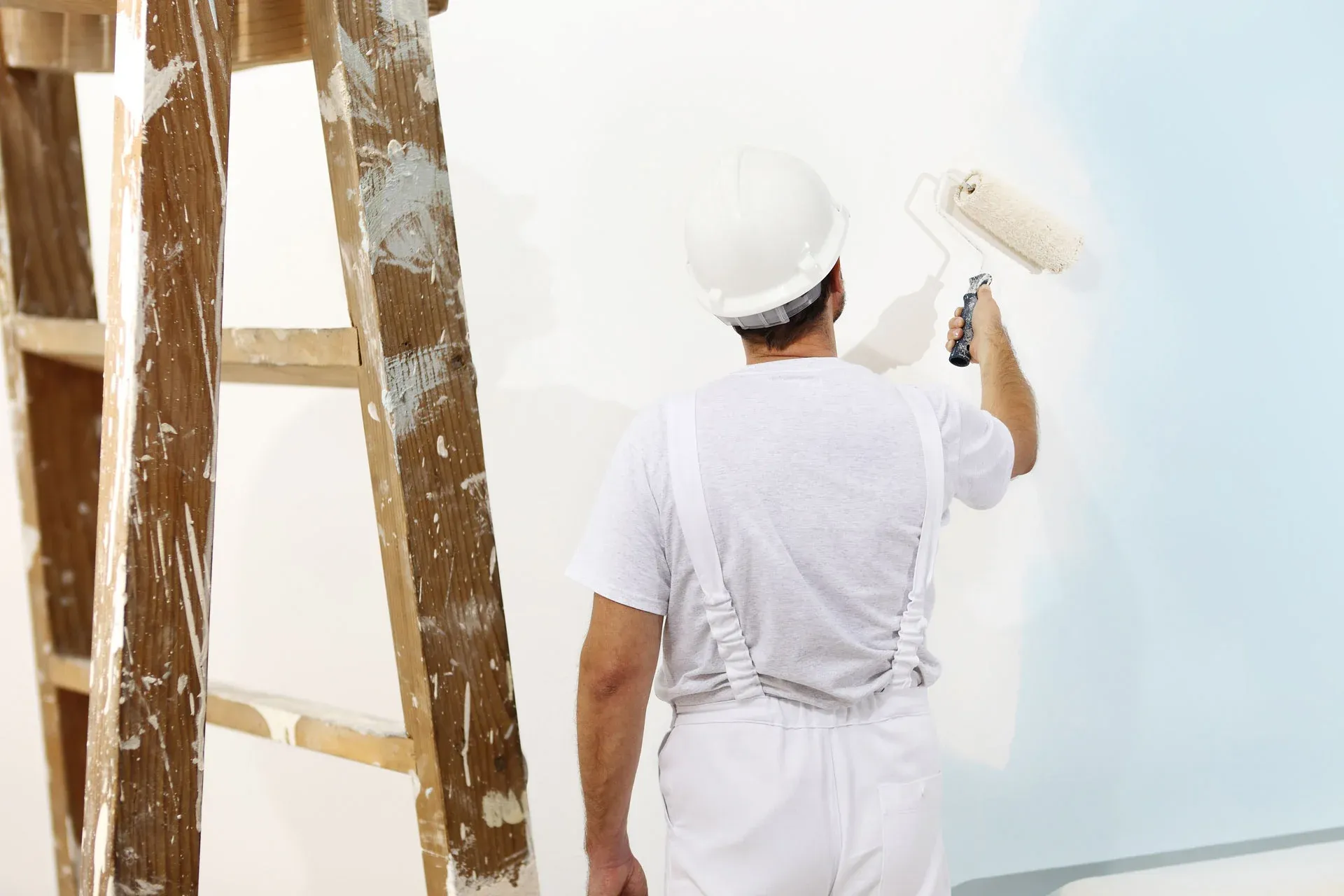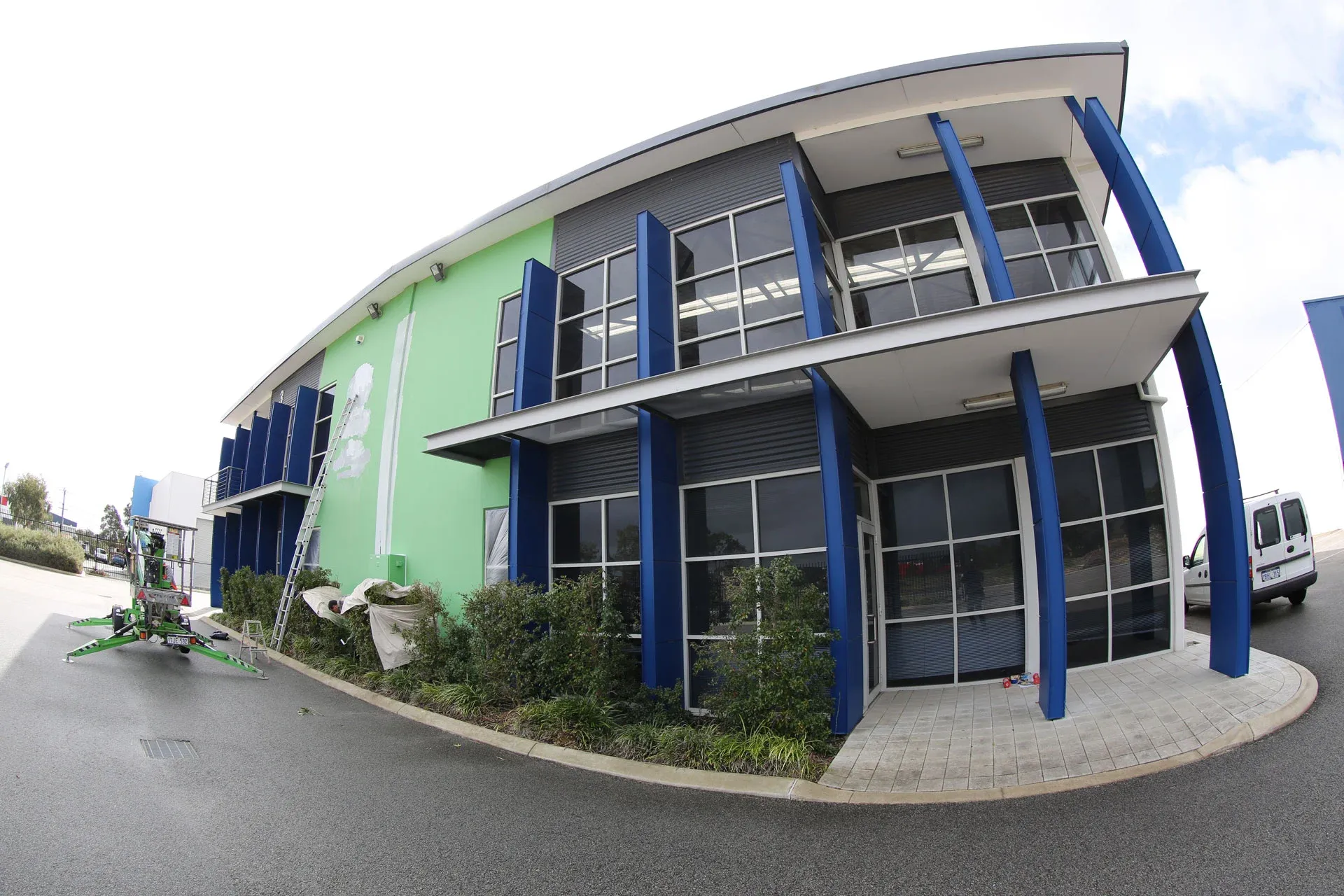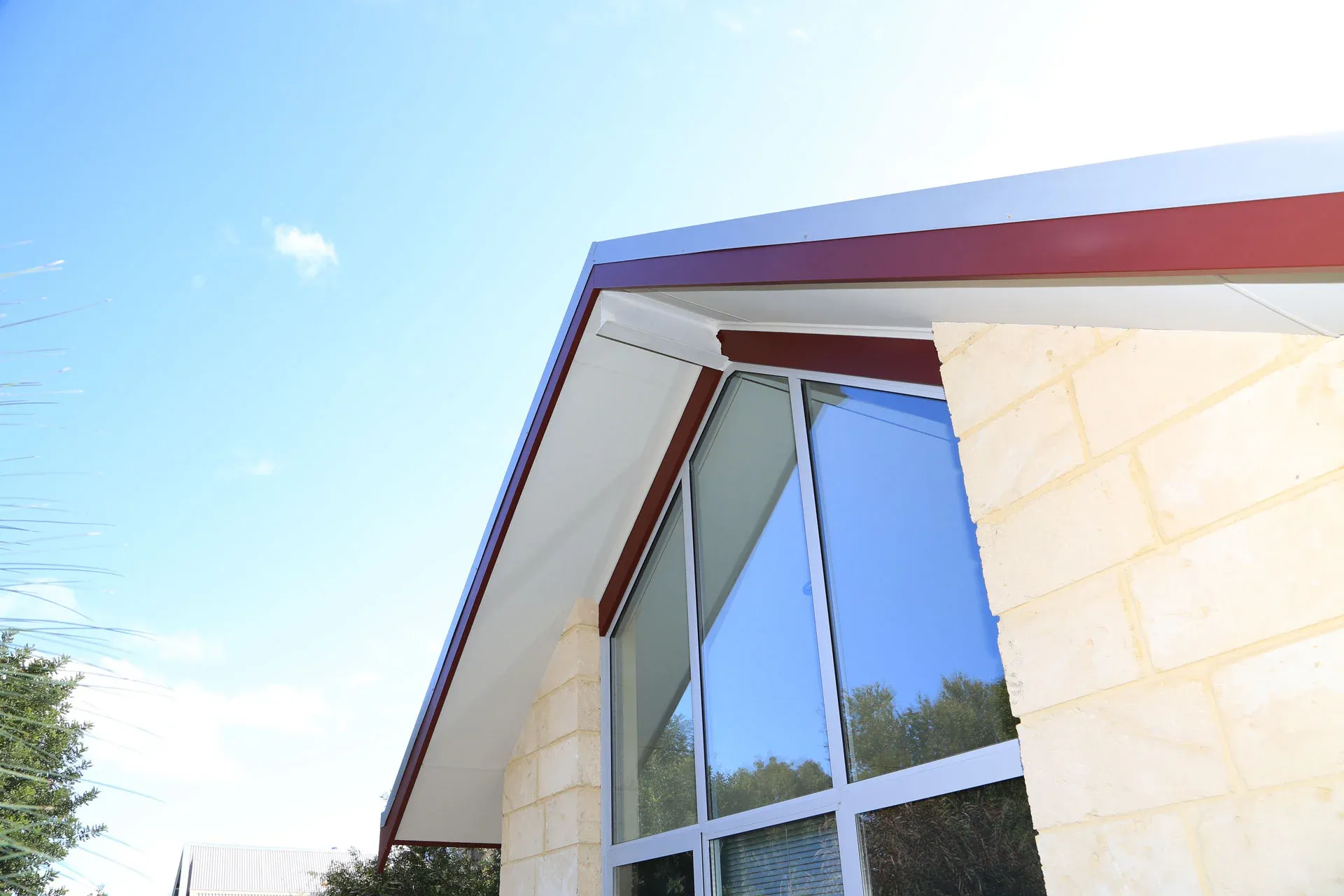Interior walls should always have a clean and flawless surface. This, however, is not always achievable for those who have drywalls at home. More often than not, drywalls end up damaged due to a number of reasons, some of which are beyond your control.
Interior walls should always have a clean and flawless surface. This, however, is not always achievable for those who have drywalls at home. More often than not, drywalls end up damaged due to a number of reasons, some of which are beyond your control.
Listed below are some of the most common causes of drywall damage and ways to prevent them.
Moisture
Moisture weakens drywalls over time. It softens the surfaces and allows mould to grow, which causes the drywall to crumble. The problem can also worsen if you paint over the moist wall. Moisture problems start to manifest if you have water problems due to problematic plumbing or if you have a leaky roof.
Pests & Pets
Drywall is made of panels of plaster enclosed on both sides with sheets of paperboard, making it an ideal living place for pests that feed on cellulose, such as termites. The tell-tale signs that there's a termite infestation in your wall include visible trails on the surface, which are actually the paths of tunnel under the surface, holes, and a hollow sound when you knock on the wall.
Drywall softened by moisture is also a problem if you have pets. Dogs and cats are territorial and may scratch on the wall, an action that not only damages the paint, but also the wall's thin sheets.
Blunt Force
The impact caused by swinging the door wide open, only to have it bang against the drywall that is less than an inch thick can cause problems. Repeated exposure to such impact can leave a dent or put a hole in the wall. The same thing happens when you move furniture or hang heavy wall installations with screws and nails.
Your home's foundation can also lead to drywall damage. If the soil where your home stands on settles, the foundation also settles, thus causing cracks on the wall.
Ways to Prevent Damage to Drywalls
The Barker-Whittle team advises clients to make sure that walls are fixed and good to go before applying any paint. Call a plumber to fix leaky pipes or a roof specialist for any problems that go beyond the ceiling. Install a door stop to prevent the doorknob from hitting the wall. In case of minor damages, apply a compound or plaster that will cover up dents and small holes. Finally, contact us to get the right painting solutions that will make your home's drywalls look new again.







